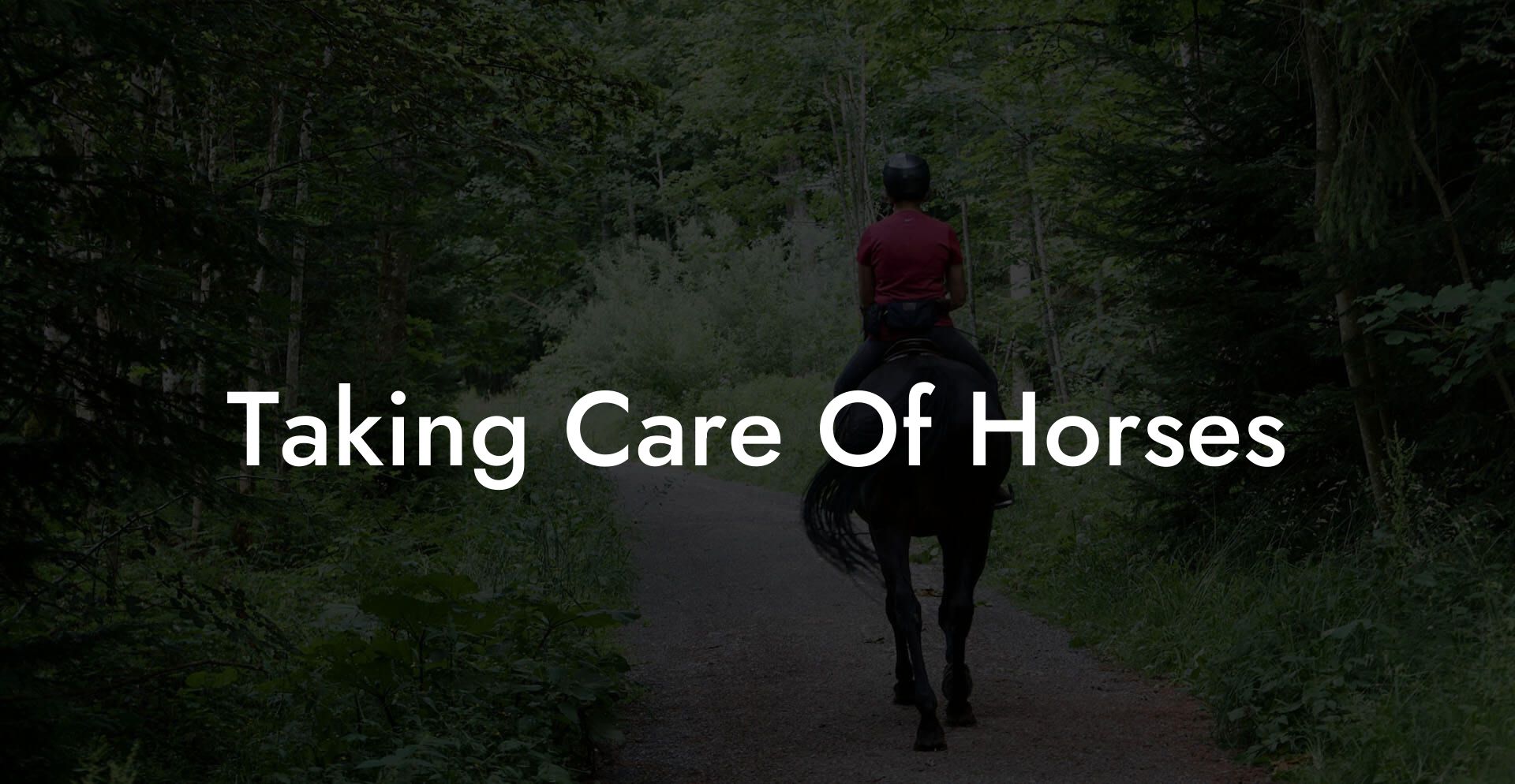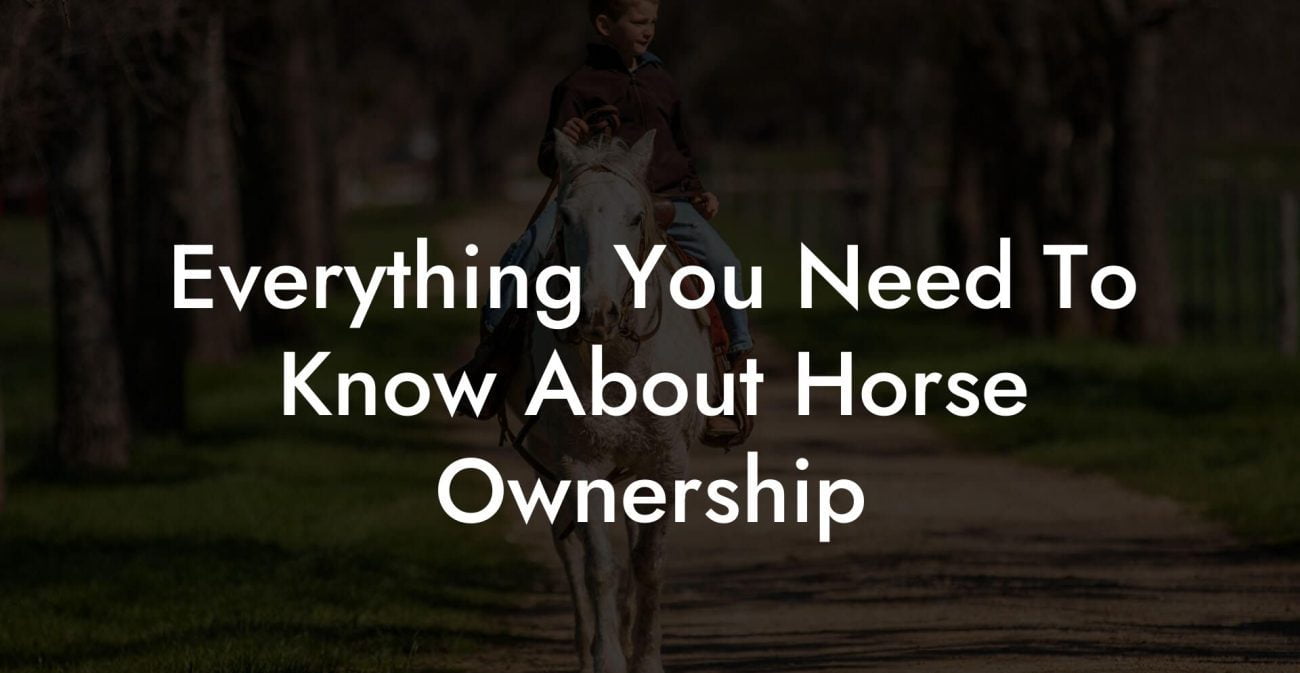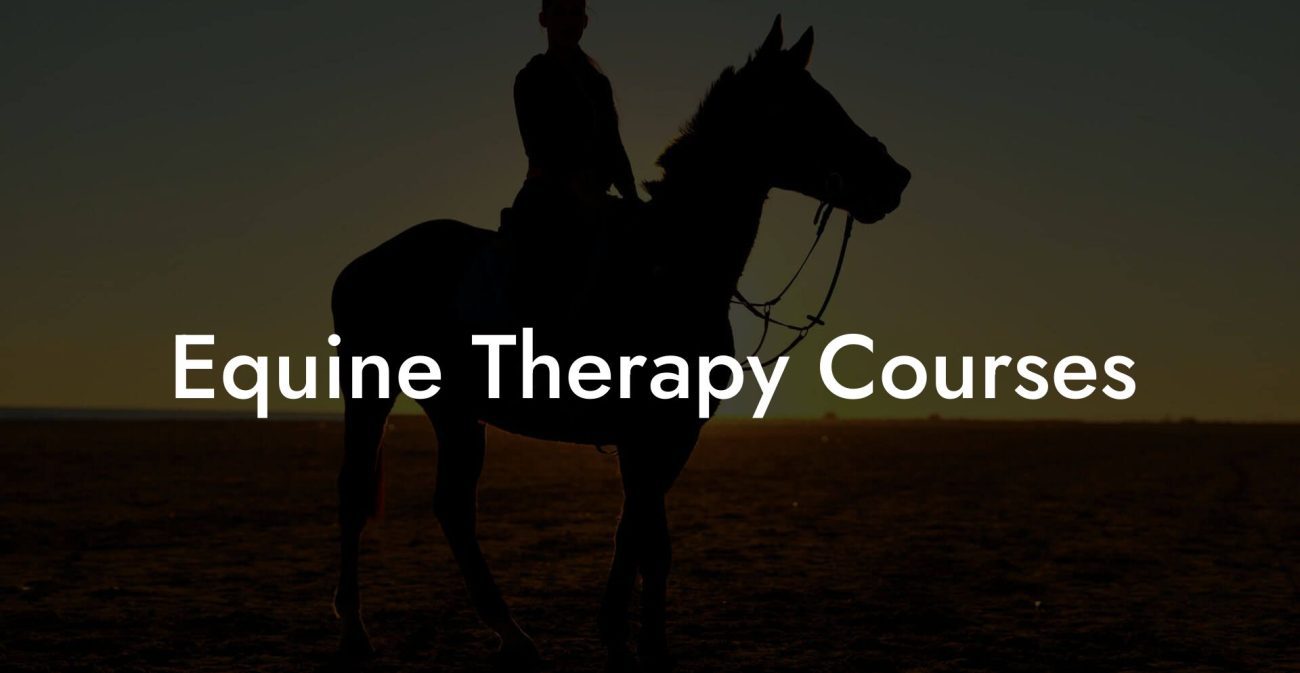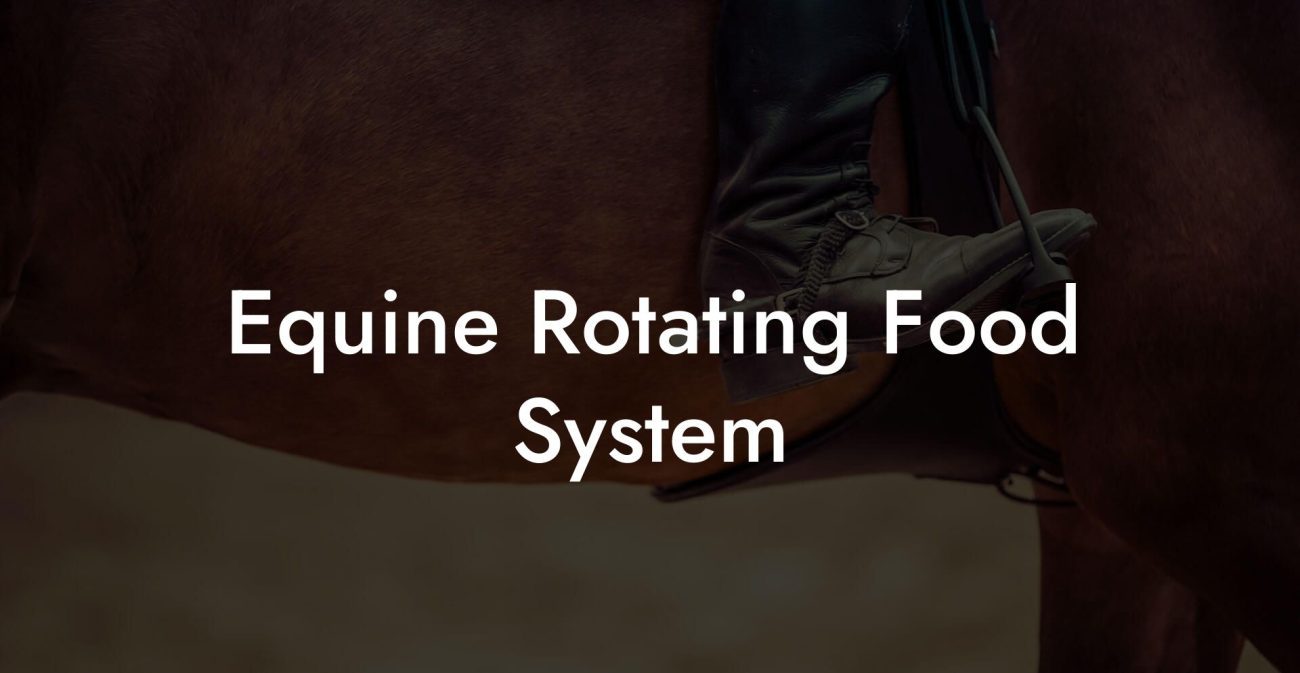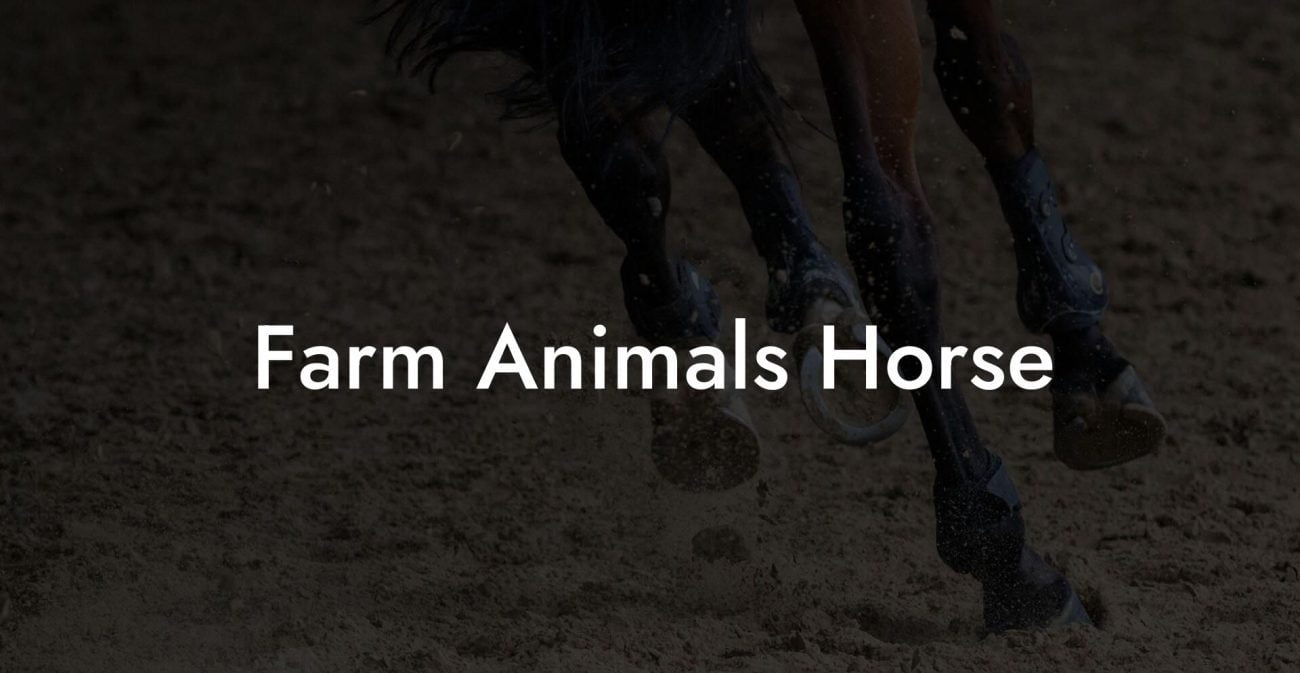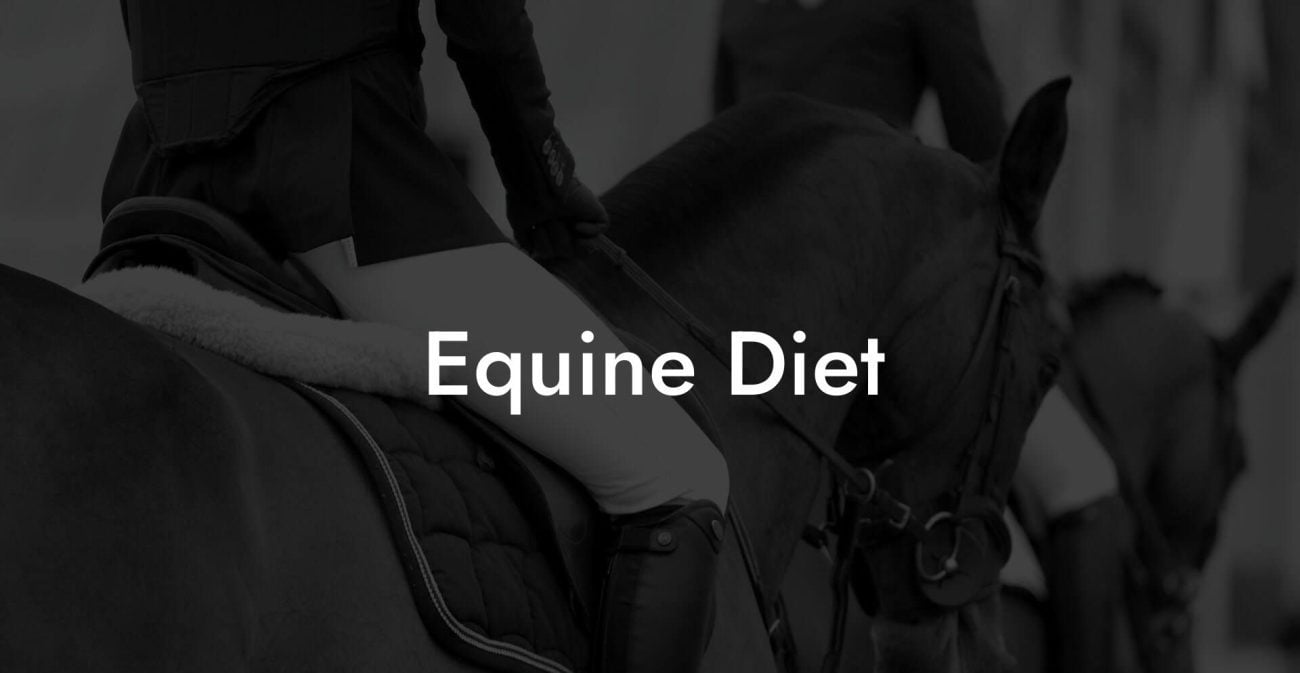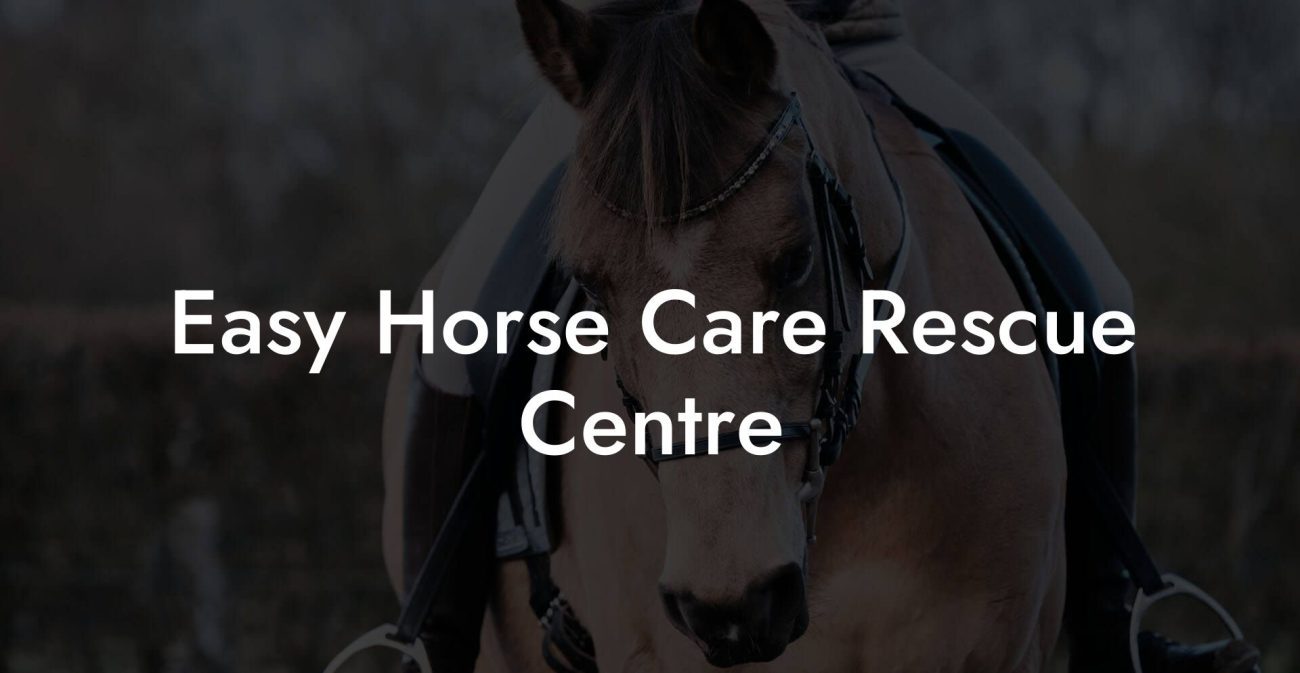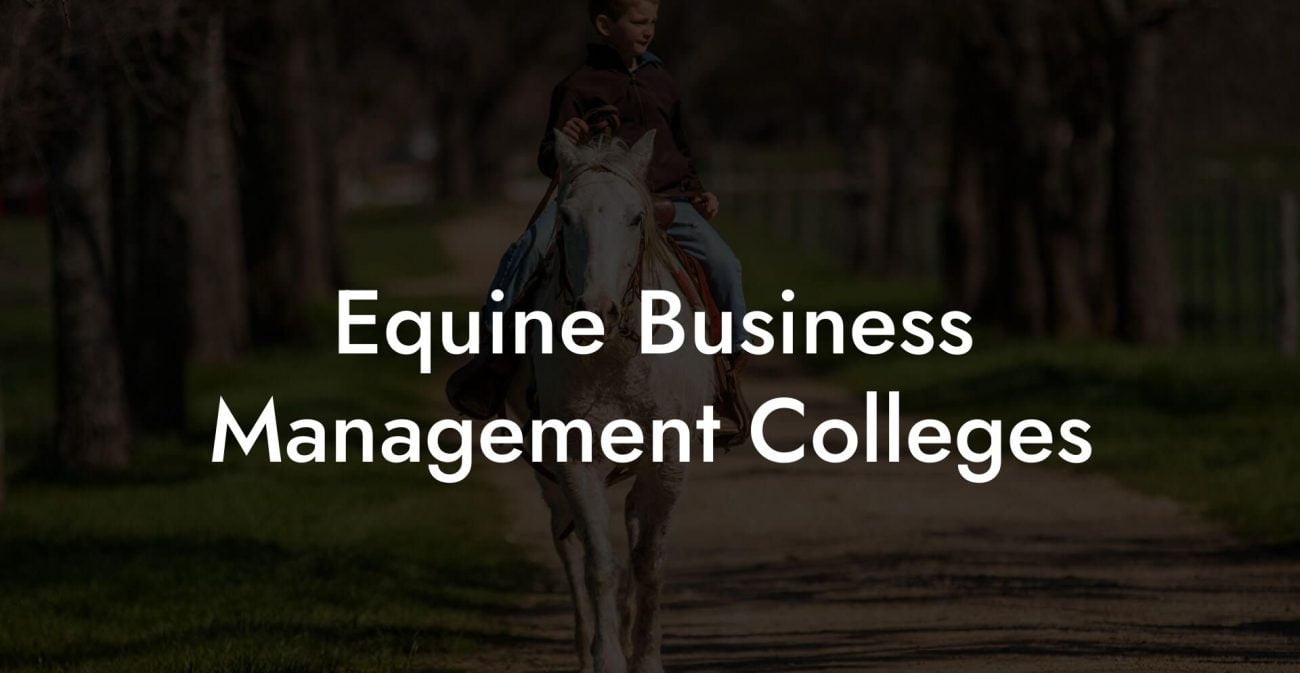When you think about horses, images of sleek, graceful giants prancing across sprawling pastures might immediately come to mind. But taking care of horses is a high-stakes blend of art and science—one that calls for a mix of old-school know-how and modern hacks. Whether you’re a millennial starting your first equine adventure or a Gen-Z equestrian enthusiast looking to upgrade your stable game, this in-depth guide is your golden ticket to mastering the craft of horse care. Get ready for a down-to-earth ride that’s anything but boring.
Quick Links to Useful Sections
- The Heart and Soul of Equine Care
- Understanding the Multifaceted World of Horse Care
- Essential Horse Husbandry: Daily Must-Dos and Pro Tips
- Feeding and Nutrition: Fueling Your Equine Superstar
- Grooming and Beyond: The Art of Equine Beauty and Well-Being
- The Importance of Regular Veterinary Care for Your Horse
- Creating a Safe and Comfortable Living Environment
- Decoding Horse Behavior and Communication
- Equine training and Exercise: Finding the Right Balance
- Integrative Approaches and Natural Remedies in Horse Care
- Modern Technology: Revolutionizing Horse Care
- Resources and Community Support: Your Next Steps
- Practical Tips for Long-Term Equine Wellness
- Expert Stories: Real-Life Transformations in Horse Care
- FAQs on Taking Care of Horses: All Your Burning Questions Answered
- Your Journey to Empowered, Modern Horse Care
The Heart and Soul of Equine Care
Caring for horses is not just a series of tasks; it’s a lifestyle that revolves around understanding these magnificent animals in every sense. Equine care covers everything from daily grooming and feeding to strategic health management and environmental upkeep. And let’s be honest—horses are as discerning as they are majestic. They thrive on consistency, love, and the occasional fashionable treat.
At its core, taking care of horses means creating an environment where both you and your equine partner can flourish. It’s about blending time-tested techniques with modern insights to ensure that your horse stays healthy, happy, and ready for all the adventures that lie ahead. Whether you're managing an arena of champions or simply caring for a beloved barn buddy, a proactive approach is the secret to long-term success.
From understanding proper nutrition to setting up a safe, clean living space, the journey into equine wellness is as rewarding as it is challenging. Let's dive into the essentials that will transform your stable management from a chore into an art form.
Understanding the Multifaceted World of Horse Care
Horse care isn’t one-size-fits-all. Every horse is an individual with its own quirks and needs, much like your favorite playlist that just “gets you.” This comprehensive guide explores the myriad aspects of equine health, providing practical insights and actionable tips. When you look at horse care through a modern lens, you’re not just focusing on the basics—you’re looking at holistic, sustainable, and innovative practices that drive peak performance and overall well-being.
We’ll break down the core components of horse care into digestible sections: from nutrition and grooming to regular veterinary check-ups and exercise. Each segment is designed to empower you with the knowledge to manage your horse confidently, blending time-honored traditions with today’s cutting-edge approaches. So saddle up and get ready to explore the vibrant tapestry of equine wellness.
Essential Horse Husbandry: Daily Must-Dos and Pro Tips
Picture your stable as a well-oiled machine where every part works in harmony—from sparkly hooves to a contented nicker. Daily husbandry routines provide the building blocks for a thriving horse. Consistency is key: daily grooming, regular feedings, and routine checks not only preserve your horse’s physical health but also nurture an unbreakable bond.
Your morning might start with a quick once-over of the stable, ensuring that all areas are clean and safe. Then comes the grooming session: a mix of brushing, mane detangling, and hoof picking that is as therapeutic for the horse as it is for you. Not only does this process keep dirt and debris at bay, but it also is a time when your horse feels most connected to you.
It’s worth incorporating a few high-tech upgrades into your routine—think temperature and humidity sensors to monitor stable conditions or innovative grooming tools that reduce stress for both horse and handler. With a little extra attention and modern tricks, even a routine day can turn into an opportunity for bonding and care.
Feeding and Nutrition: Fueling Your Equine Superstar
Equine nutrition is a complex art that requires both science and a dash of creativity. Feeding horses isn’t just about tossing some hay in a bucket; it’s a carefully balanced regimen that fuels energy, supports muscle development, and keeps those digestive systems humming. In today’s era of Instagram-worthy meals and nutrition hacks, your horse’s diet should be as refined as it is nutritious.
Start with the basics: high-quality roughage is the cornerstone of any equine diet, ensuring that your horse gets the fiber it needs. But don’t stop there. Incorporate a variety of grains, protein sources, and even specialty supplements based on your horse’s specific needs—be it age, workload, or health concerns. Modern equine nutrition even offers feeds fortified with vitamins, minerals, and probiotics to match your horse’s lifestyle.
Remember, horses are natural grazers. Allowing for regular turnout, where they can munch on fresh pasture, provides both exercise and a natural form of nutrition. If your horse has dietary sensitivities, consider consulting with an equine nutritionist who can tailor a meal plan that not only supports their energy needs but also optimizes digestion and bolsters immunity.
Integrating technology into feeding routines is now easier than ever. Automated feeders and digital monitoring systems can track feeding times and intake, ensuring that every meal hits the mark. With the right balance of science and care, your horse’s diet can truly be a feast for both body and soul.
Grooming and Beyond: The Art of Equine Beauty and Well-Being
Grooming is where the magic happens. It’s not just about keeping your horse looking polished for social media shots—it’s a vital part of their health care routine. A thorough grooming session does far more than remove dirt and tangles; it stimulates blood circulation, releases endorphins, and even helps you spot potential health issues early on.
Start with a good brush to remove loose hair and dust. Dip into mane and tail care by detangling knots with gentle conditioners designed specifically for equine coats. One of the best parts? It’s a fantastic opportunity to check for any signs of skin irritation, injuries, or parasites. Your horse might even offer a little nudge or a soft whinny as a sign of appreciation.
For those looking for a deeper level of care, consider integrating techniques like massage therapy into the routine. Equine massage isn’t just for pampering—it can boost muscle recovery, improve flexibility, and even reduce stress levels. And while modern grooming tools like electric clippers and high-speed dryers are making waves, traditional methods pass down through generations remind us that sometimes the simplest tools can be the most effective.
The key takeaway? Grooming is a time for you to connect with your horse. Each brushstroke serves as a reminder that health and happiness often go hand in hand (or hoof in hoof).
The Importance of Regular Veterinary Care for Your Horse
No discussion about horse care would be complete without addressing the critical role of veterinary care. Just as we schedule our annual health check-ups, horses require regular vet visits to keep them at peak performance. These check-ups are a chance to catch any potential issues—whether it’s dental care, hoof care, or vaccinations—before they evolve into something more serious.
A good equine veterinarian will not only address immediate health concerns but also work with you to develop a long-term wellness plan. This plan could include preventive measures like dental floating (to smooth out sharp edges on teeth), deworming schedules to keep parasites in check, and even advanced imaging if something seems off. With technology now playing a vital role, many veterinary practices have started using digital records and remote monitoring tools to keep tabs on your horse's health.
It’s also crucial to build a strong relationship with your vet—think of them as your equine wellness coach. Their expertise will guide you through seasonal transitions, dietary adjustments, and changes in workload. They’re also on hand to provide advice on alternative therapies when needed, ranging from chiropractic care to acupuncture, ensuring that you always have a comprehensive resource for all your horse care questions.
Creating a Safe and Comfortable Living Environment
The environment in which your horse lives plays a major role in its overall health and happiness. A clean, spacious, and well-ventilated stable is more than just a shelter—it’s the epicenter of your horse’s daily life. Creating the perfect living space involves more than just sweeping the floors. It’s about establishing a safe haven where your horse can relax, play, and recover.
Key elements of a stellar stable include proper bedding, organized feed storage, and routine cleaning. Use materials that are not only comfortable but also hypoallergenic and supportive of optimal airflow to reduce respiratory issues. A well-designed stable will have designated areas for feeding, exercise, and rest so that every part of your horse’s day is punctuated with comfort and security.
Outdoor turnout is equally important. When possible, make sure your horse has access to a safe pasture where it can graze, roam, and socialize with other horses. Fences should be sturdy and free of hazards, while the ground should be even and free of debris. Incorporating elements like shade structures and windbreaks can dramatically enhance the quality of your horse’s living environment, helping to regulate body temperature and minimize stress.
With a well-thought-out environment in place, you’re not just providing a roof over your horse’s head. You’re setting the stage for optimal physical health and mental well-being—making sure every day is a good day to be a horse.
Decoding Horse Behavior and Communication
Horses might not speak your language, but they sure know how to communicate. Understanding equine behavior is integral to effective horse care. They communicate through posture, movement, and even the slightest twitch of their ears. By paying attention to these cues, you gain invaluable insights into their mood, health, and overall well-being.
Learn the basics: a relaxed horse typically stands with a loose, easy posture, while a stressed or in-pain one may exhibit signs like pinned ears, twitching tails, or restlessness. Over time, you’ll start to notice patterns—maybe that peculiar gesture just before they need a break or the subtle nod that signals it’s time to head back to the stable.
Trust is the name of the game. Building a rapport with your horse involves consistent interaction, respectful boundaries, and plenty of positive reinforcement. Use voice commands, gentle touches, and even a bit of humor to let your horse know that you’re invested in their happiness. As you become more fluent in this silent language, you’ll transform every interaction into a meaningful conversation—a two-way street where both of you feel heard and valued.
Equine training and Exercise: Finding the Right Balance
If you’ve ever seen a horse in full stride, you know that these animals are built for movement. Exercise is not just about keeping your horse fit—it’s about ensuring lasting joint health, muscle tone, and mental clarity. But here’s a twist: training routines should be as dynamic as your playlist, mixing variety with structure.
Start with a basic groundwork routine that focuses on building communication and trust. Whether it’s leading drills, lunging for flexibility, or incorporating arena work, training sessions should be engaging and fun. Advanced equestrians know that learning never stops. Integrate obstacle courses, trail rides, and even interactive games that keep both body and mind active.
Striking the right balance is crucial—too little exercise can lead to weight gain and boredom, while too rigorous a schedule may cause injuries. Consider consulting with a professional trainer who can tailor a program suited to your horse’s unique athletic profile and temperament. With regular exercise, your horse won’t just stay physically fit; it will also develop a sharper mind and a more balanced spirit.
Modern tracking tools like GPS monitors and fitness trackers for horses can help you keep a close eye on performance, recovery, and overall health. Armed with this data, adjustments to your training regimen become a science-backed strategy for success.
Integrative Approaches and Natural Remedies in Horse Care
Today’s equine caretakers are not afraid to blend conventional practices with natural remedies. The trend toward integrative approaches in horse care merges modern veterinary science with the wisdom of traditional herbal treatments and holistic therapies. This strategy is all about treating the horse as a whole and leveraging nature’s bounty.
Herbal supplements like garlic, apple cider vinegar, and specific botanical extracts have long been used to boost the immune system and improve digestion. Many horse owners are now pairing these remedies with regular care routines to address common issues like inflammation, joint stiffness, and digestive imbalances. Just as a well-curated playlist can set the tone for the day, these natural supplements provide the essential nutrients and minerals that help your horse perform at its best.
Complementary therapies—such as acupuncture, equine massage, and chiropractic adjustments—are also increasingly popular. These methods work by improving circulation, reducing muscle tension, and rebalancing the body’s natural energy systems. For many, the results are nothing short of transformative.
Integrative care is all about customizing your approach. Not every horse will respond to the same treatment, so it’s vital to observe, adjust, and even experiment with natural methods that complement traditional veterinary care. By fostering an environment where both modern science and ancient wisdom meet, you pave the way for a more resilient and thriving equine partner.
Modern Technology: Revolutionizing Horse Care
In an age where even our coffee orders are optimized via apps, it’s no surprise that technology has saddled up to help in equine care. From digital health records and GPS tracking to automated feeding systems and wearable fitness monitors for horses, the future of horse care is here—and it’s smarter than ever.
Technology brings precision to every aspect of equine management. Imagine a scenario where your vet receives real-time updates on everything from heart rate and temperature fluctuations to activity levels and even stress indicators. Digital innovations allow you to monitor your horse’s health day and night, reducing the guesswork and allowing for proactive interventions before issues escalate.
Moreover, online platforms and mobile apps are transforming how equestrians share knowledge and best practices. Social media groups, virtual clinics, and interactive forums offer a global community where advice and experiences are exchanged in real time. Whether it’s troubleshooting a dietary quirk or perfecting a training routine, the digital age has provided an arsenal of resources to keep you—and your horse—ahead of the curve.
Embrace these advancements as part of your comprehensive care plan. With a little tech know-how, you can refine every aspect of your horse’s well-being while still keeping things real and down-to-earth.
Resources and Community Support: Your Next Steps
No matter how much you learn from this guide, there’s always more on the horizon when it comes to horse care. The equestrian community is vibrant, diverse, and ever-evolving. Online forums, local riding clubs, social media groups, and even specialized workshops are just a few of the ways you can tap into a network of fellow horse enthusiasts.
Look for regional equine events and expos where experts share the latest in technology, nutritional trends, and holistic care practices. These gatherings are a treasure trove of information and an opportunity to connect with peers who truly understand the high and mighty world of horses. Whether you’re seeking advice on the best supplements, cutting-edge training techniques, or simply a place to swap stories, the community is ready to welcome you with open arms.
Furthermore, consider joining subscription services and newsletters from reputable equine research centers or veterinary practices. These resources can provide bi-weekly or monthly insights, ensuring you stay updated on all things equine. Remember, caring for horses is as much about the journey as it is about the destination—embrace the shared experiences, learn from others, and let the collective wisdom elevate your practice.
Practical Tips for Long-Term Equine Wellness
As you continue your horse care journey, there are a few practical tips that can transform your approach from good to legendary. First and foremost, always keep learning—new research, innovative products, and fresh perspectives emerge every day that can enhance your routine.
Track your horse’s habits and health indicators meticulously. Whether it’s through a detailed journal or modern apps, regular documentation can help you spot patterns and tackle issues before they become critical. This proactive strategy not only safeguards your horse’s well-being but also saves you time and resources in the long run.
Network with experienced professionals and enthusiasts. Sharing challenges, failures, and wins can offer practical insights and sometimes even inspire creative solutions that you might not have considered. Remember, the best ideas often arise when you blend tradition with innovation.
Finally, always prioritize safety. Whether you’re arranging a surprise trail ride or setting up new equipment in the stable, plan thoroughly and ensure that every new addition adheres to modern safety standards. A safe environment is the baseline of all advanced equine care practices, and it ensures that your horse can enjoy life to the fullest.
Expert Stories: Real-Life Transformations in Horse Care
Real-life stories from the equestrian world are as inspiring as they are instructive. Consider the tale of Jamie, a young trainer who transformed a timid rescue horse into a confident competitor with a balanced regimen of modern training and traditional care. Jamie’s mix of high-tech tracking and old-school patience highlights the importance of both science and heart in equine care.
Then there’s Maria, who turned a rundown stable into a modern sanctuary with the help of innovative environmental management techniques and an accompanying upgrade to nutritional planning. Her journey from chaos to control demonstrates that even the most challenging situations can be flipped around with the right mix of passion and expertise.
And let’s not forget Alex, a tech-savvy millennial whose smart stable integrations and digital health monitoring helped detect early signs of potential ailments in his prized mare, saving her from what could have been a serious setback. Such stories not only provide encouragement but also serve as blueprints for the limitless possibilities when modern techniques meet genuine care.
These transformations are a reminder that progress in horse care is a journey filled with innovation, adaptation, and lots of heart. Your story could be the next inspiring chapter in the evolving narrative of equine wellness.
FAQs on Taking Care of Horses: All Your Burning Questions Answered
Dive into these frequently asked questions designed to address common concerns and curiosities about modern horse care. Whether you’re a newbie or a seasoned owner, these answers hold nuggets of wisdom to help you elevate your equine management skills.
1. What are the key components of proper horse care?
Horse care involves daily grooming, balanced nutrition, regular veterinary check-ups, proper stabling, and ongoing exercise and training. The goal is to maintain both physical and mental well-being.
2. How often should I schedule veterinary visits for my horse?
It’s recommended to have at least one comprehensive check-up per year, with additional visits as needed if your horse shows signs of illness or injury. Routine dental and hoof care should also be part of your yearly plan.
3. Can technology really make a difference in managing my horse’s health?
Absolutely. Modern tools like GPS tracking, digital health monitoring, and automatic feeders help you manage daily routines and spot potential health issues early, making your care more proactive and efficient.
4. What are the best natural supplements for equine nutrition?
Many horse owners use natural supplements such as omega-rich oils, herbal extracts, garlic, and apple cider vinegar to boost immune function and improve digestion. It’s essential to consult with an equine nutritionist to create a balanced plan.
5. How can I ensure my horse gets enough exercise?
Incorporate a mix of activities, such as turnout in pastures, arena work, moderate trail rides, and structured training sessions. Tailor the exercise routine to your horse’s age, health, and training goals.
6. What steps can I take to maintain a safe stable environment?
Regular cleaning, proper bedding, secure fencing, climate control, and timely repairs are critical. Safety checks should also be performed routinely to avoid hazards and ensure a healthy environment.
7. How do I know if my horse is stressed or in pain?
Watch for changes in behavior like restlessness, diminished appetite, frequent pawing, or unusual vocalizations. Observing body language and establishing a regular routine help you catch early signs of distress.
8. Are there any integrative approaches in horse care?
Yes, many owners are incorporating holistic practices such as equine massage, acupuncture, and herbal supplements along with traditional veterinary care to support both physical and emotional well-being.
9. What should I do if my horse has specific dietary needs?
Consult with a specialized equine nutritionist who can develop a customized diet plan based on your horse’s unique needs, whether due to allergies, metabolic conditions, or performance goals.
10. Where can I find community support and additional resources on horse care?
Online forums, local equestrian clubs, social media groups, and workshops hosted by veterinary hospitals or agricultural extensions offer a wealth of resources and a supportive community.
Your Journey to Empowered, Modern Horse Care
Taking care of horses is an evolving journey that celebrates both tradition and innovation. With each brushstroke, balanced meal, and tech-enabled health check, you’re not just managing a stable—you’re building a legacy of love, commitment, and proactive care. Embrace the challenges and triumphs with the confidence that every step you take is backed by generations of wisdom and the forward-thinking approach of today’s equine experts.
Remember, every horse is as unique as you are. Use this guide as a foundation to develop a care routine that aligns with your style, values, and the specific needs of your equine friend. From the moment you step into the stable to the time you share a quiet moment of connection, know that you are part of a vibrant community dedicated to empowering horse care that is innovative, holistic, and, above all, genuine.
So, grab your grooming kit, sync up your health tracker, and join the conversation. Your journey to modern, empowered horse care starts today—revolutionize your routine, share your story, and celebrate the amazing bond between you and the captivating world of horses.
Whether you're managing a high-energy performance horse or nurturing a tender companion, this guide is here to help you navigate the thrilling ride of equine care with humor, expertise, and plenty of heart. Step into your role with pride and passion, and let every day be a celebration of life, health, and the unique magic of horses.

